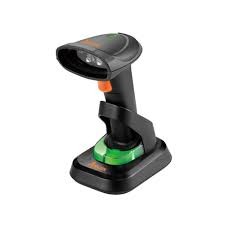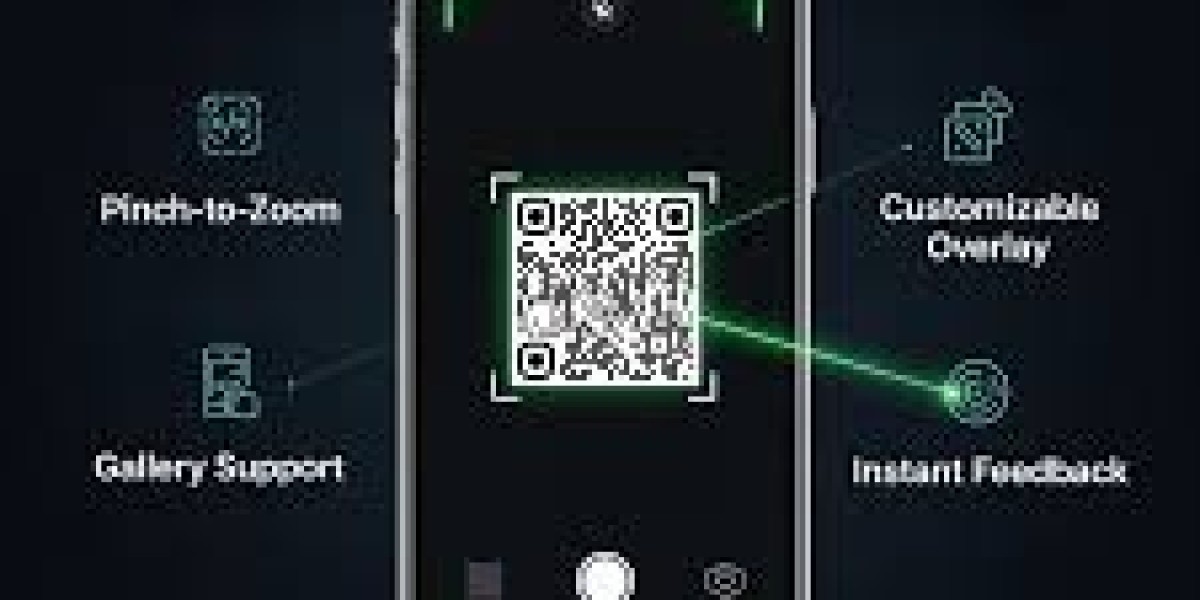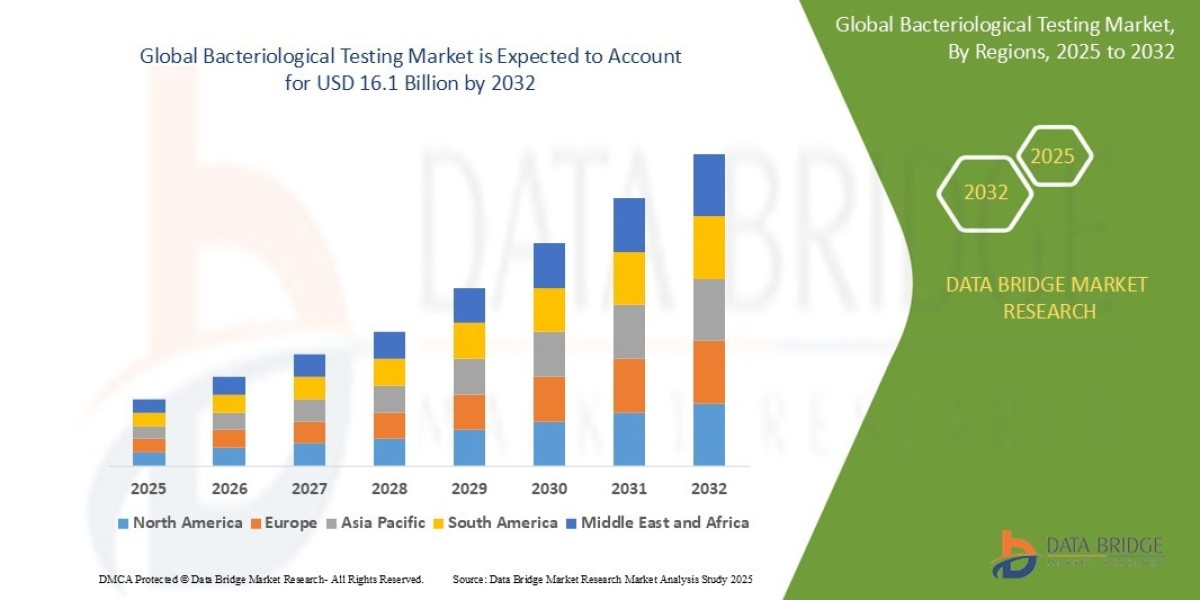Introduction
In the ever-evolving world of technology, artificial intelligence (AI) has touched nearly every aspect of business, from customer service to inventory management. One of the most intriguing applications of AI is in barcode scanning. Barcode scanner AI is revolutionizing the retail industry, offering faster, more accurate scanning solutions. But how exactly is it changing the game for businesses and consumers alike? Let’s explore the fascinating world of AI-powered barcode scanners.
The Basics of Barcode Scanning
Before diving into the AI-enhanced capabilities, let’s first understand the basics of barcode scanning. A barcode is a unique identifier for products, often in the form of black lines and spaces arranged in a pattern. The scanner reads the barcode’s pattern, converts it into a readable format, and accesses product data stored in a database. This process has been a staple in retail for decades, facilitating easy product identification and transactions.
However, traditional barcode scanners can sometimes struggle with issues like poor print quality or incorrect angle readings, leading to inefficiency. This is where barcode scanner AI steps in to make a significant difference.
What is Barcode Scanner AI?

Barcode scanner AI refers to the integration of artificial intelligence into barcode scanning technology. This innovation allows scanners to identify, decode, and interpret barcodes with greater speed and accuracy. Unlike traditional scanners that rely solely on static algorithms, AI-powered scanners use machine learning (ML) models that adapt and improve over time. These systems learn from previous scanning experiences and continuously optimize performance.
How Does Barcode Scanner AI Work?
AI-based barcode scanners use a combination of computer vision and machine learning to enhance the scanning process. Let’s break down how it works:
Image Capture: The scanner first captures an image of the barcode using a camera or optical sensor.
Image Preprocessing: AI algorithms process the image, correcting for distortions like blur or angle misalignment. The system identifies the barcode within the image.
Barcode Recognition: Using machine learning models trained on vast datasets, the AI system recognizes the barcode's pattern, even in challenging conditions like low light or damaged barcodes.
Data Extraction: Once the barcode is identified, the scanner extracts the corresponding data and sends it to the system, retrieving product information like price, description, and stock levels.
Through this sophisticated process, AI can handle much more than just reading a barcode. It can also adapt to new environments, improve reading accuracy, and deliver real-time analytics, all of which provide immense value to businesses.
Key Benefits of Barcode Scanner AI
1. Faster and More Accurate Scanning
One of the most significant benefits of AI-powered barcode scanners is speed. Traditional barcode scanners may take longer to process barcodes that are blurry, poorly printed, or at the wrong angle. AI-powered scanners, on the other hand, can recognize and decode barcodes almost instantly, even in imperfect conditions. This leads to faster checkouts, reducing wait times and improving customer satisfaction.
2. Improved Inventory Management
Barcode scanner AI enhances inventory management by providing real-time data analytics. AI systems can track product movements, stock levels, and sales trends automatically. This data helps businesses optimize their inventory, ensuring they are stocked with popular items while avoiding overstocking slow-moving products. In turn, this helps improve operational efficiency and reduce costs associated with excess inventory.
3. Real-time Data Insights
AI-enabled barcode scanners don’t just scan barcodes—they also provide real-time insights. For example, businesses can track which products are selling the most and adjust their strategies accordingly. These insights can also inform marketing campaigns, pricing strategies, and even customer preferences.
4. Enhanced Customer Experience
AI-driven barcode scanners improve the overall shopping experience. Faster checkouts and real-time product information make it easier for customers to find what they need quickly. Additionally, AI can be used to create personalized shopping experiences based on a customer's past purchases and preferences. For example, a scanner might suggest related products or offer discounts on frequently purchased items, making the shopping experience more enjoyable and efficient.
5. Reduced Human Error
Manual scanning and inventory management can lead to human error, from incorrectly entering product codes to failing to update stock levels. AI systems, however, are far less prone to error and can process information with much greater accuracy. By reducing these mistakes, businesses save time, money, and resources that would otherwise go towards correcting errors.
Real-World Applications of Barcode Scanner AI
1. Retail and E-commerce
In retail, barcode scanner AI is already making a huge impact. It speeds up checkout processes, reduces human error, and improves customer experience. For e-commerce businesses, AI-powered barcode scanning can help automate inventory management, making it easier to track products across multiple warehouses and shipping locations.
2. Supply Chain Management
AI-powered barcode scanners are essential for supply chain management. By using real-time data, businesses can ensure products are tracked accurately throughout the entire supply chain. From warehouse management to shipment tracking, AI systems ensure that everything is accounted for, improving logistics and minimizing errors.
3. Healthcare
In healthcare, barcode scanning plays a crucial role in medication management and patient safety. AI-powered barcode scanners are used to quickly identify medications and match them with patient prescriptions. This helps reduce medication errors and ensures the correct treatments are administered to the right patients at the right time.
4. Manufacturing
In manufacturing, AI barcode scanners help track products from assembly lines to final shipping. They provide critical data on the production process, helping companies identify bottlenecks, optimize workflows, and improve efficiency.
The Future of Barcode Scanner AI
As AI technology continues to advance, we can expect barcode scanner AI to evolve even further. Future developments may include even faster scanning speeds, deeper integration with other technologies like Internet of Things (IoT), and enhanced machine learning models that continuously improve with use. AI could also help reduce the reliance on physical barcodes altogether by integrating with other forms of identification like RFID or QR codes.
Additionally, we might see greater adoption of AI-powered barcode scanners across small and medium-sized businesses (SMBs), as the technology becomes more affordable and accessible. This could democratize the benefits of AI, enabling businesses of all sizes to improve their operations and customer experience.
Conclusion
Barcode scanner AI is revolutionizing the way businesses handle product identification and data analysis. With faster scanning speeds, improved accuracy, real-time data insights, and a reduction in human error, AI-powered scanners are transforming the retail, healthcare, and manufacturing industries. As the technology continues to improve, the potential applications are limitless, opening up new possibilities for businesses and consumers alike.
Whether you’re a small retail store owner looking to streamline your operations or a multinational company aiming to improve your supply chain management, adopting barcode scanner AI can help you stay ahead of the competition and provide your customers with an exceptional experience.









